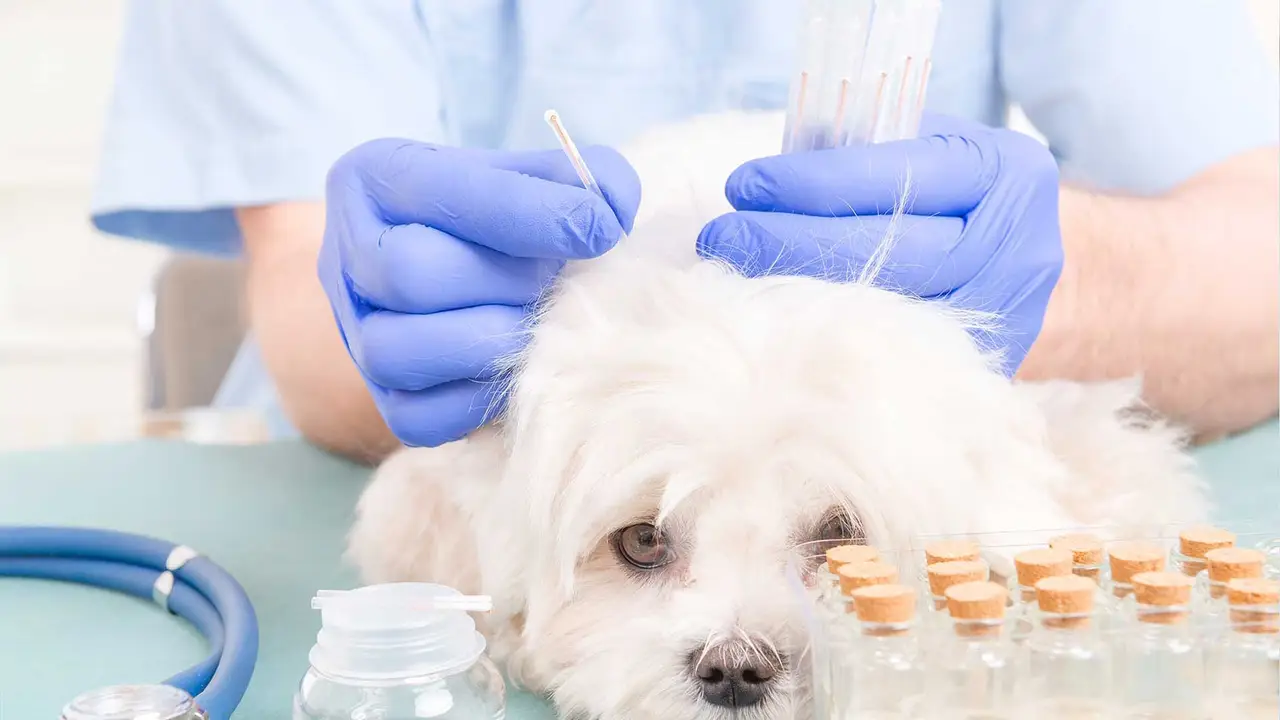
Tobramycin in Veterinary Medicine: Treating Infections in Animals
Hi everyone, in my latest article I take you through the important role of Tobramycin in veterinary medicine. This potent antibiotic is often used when our furry or feathered friends battle nasty bacterial infections. With this next post, I'll be revealing how it's administered and its potential side effects. Get ready to delve deep into understanding how this crucial medicine works in ensuring our pets' health. Isn't it exciting to broaden our knowledge, especially when it’s about our beloved pets?
View More